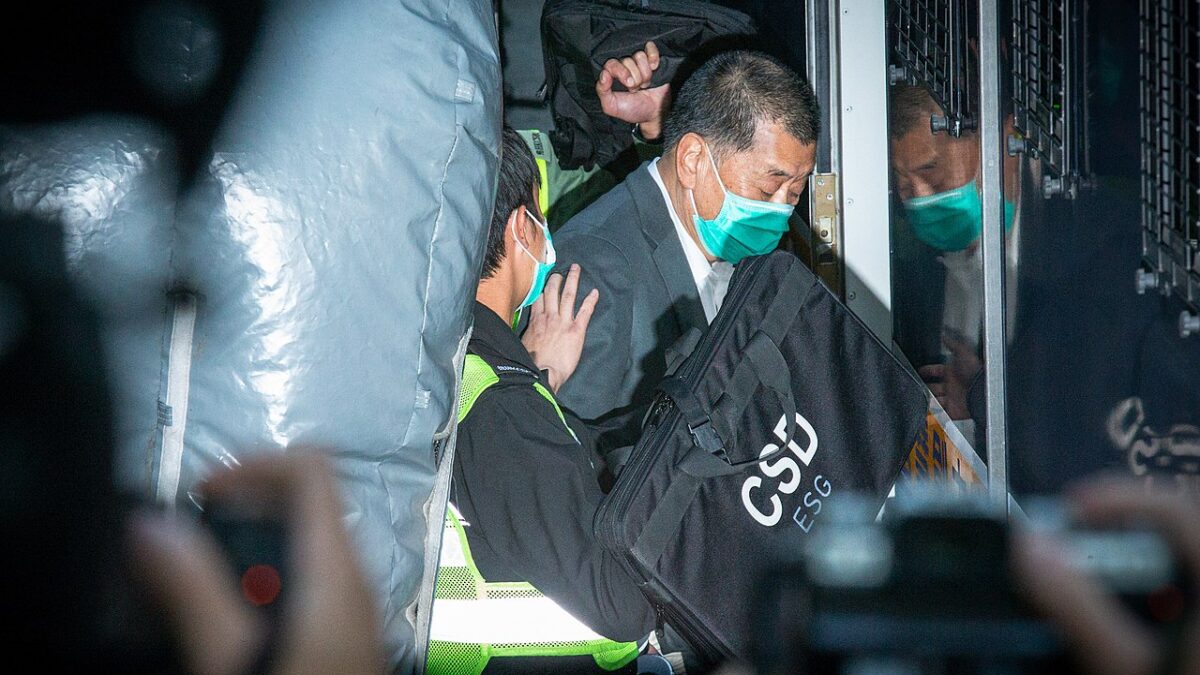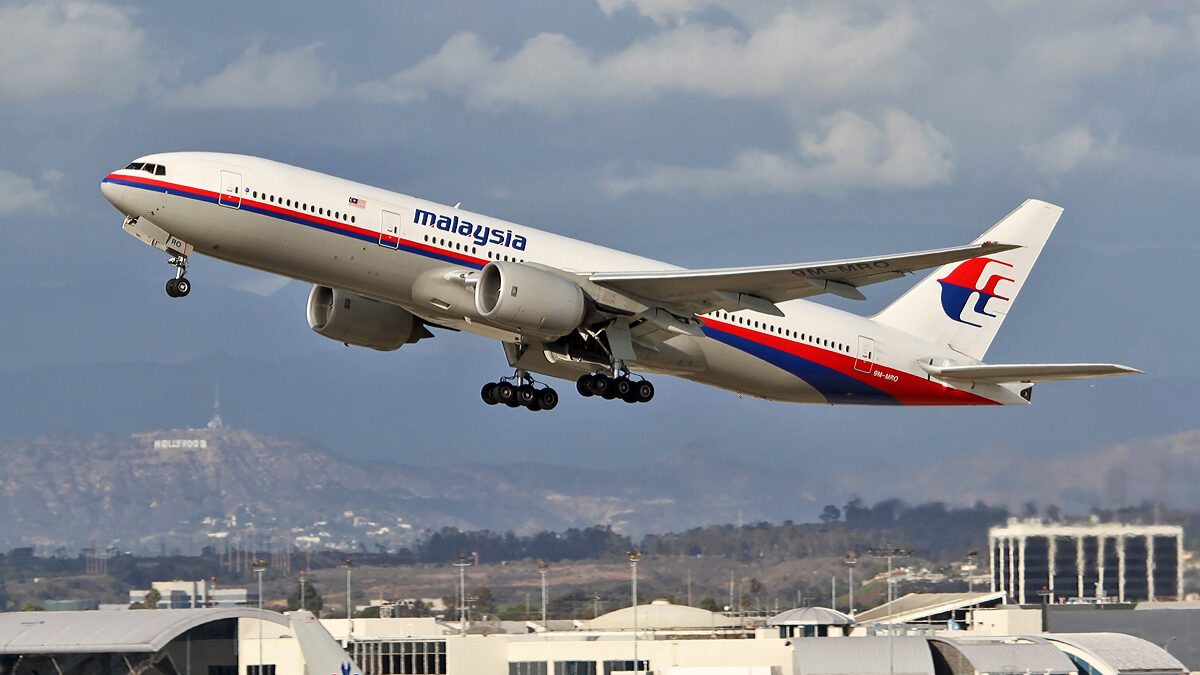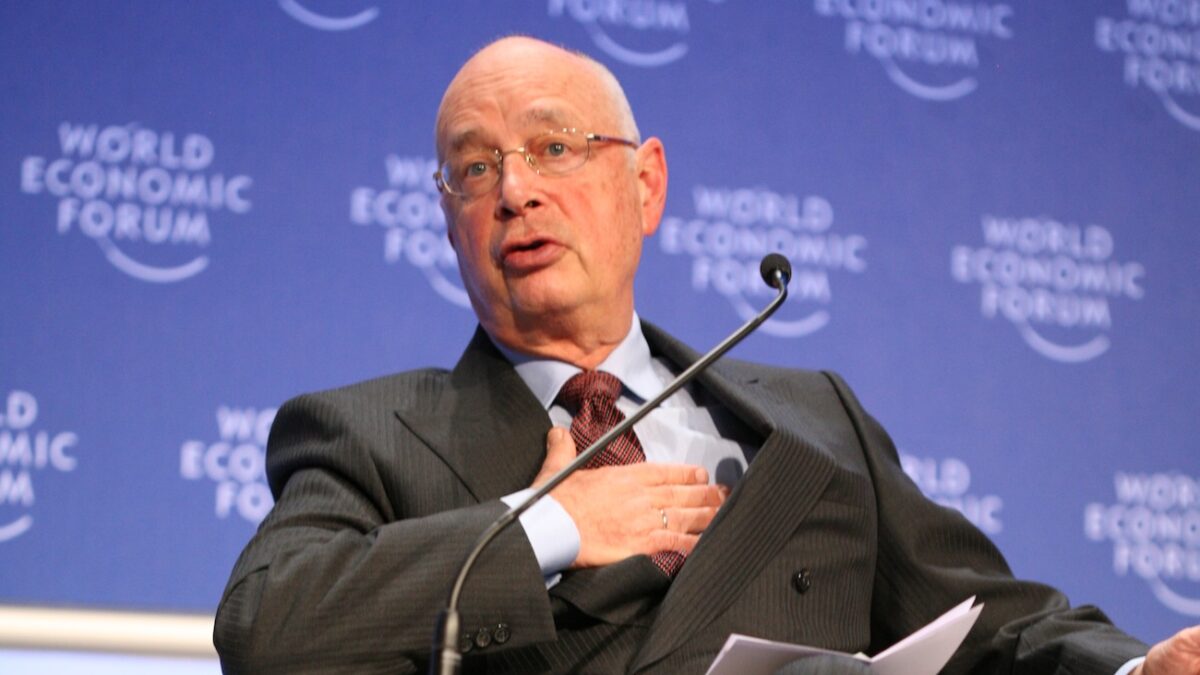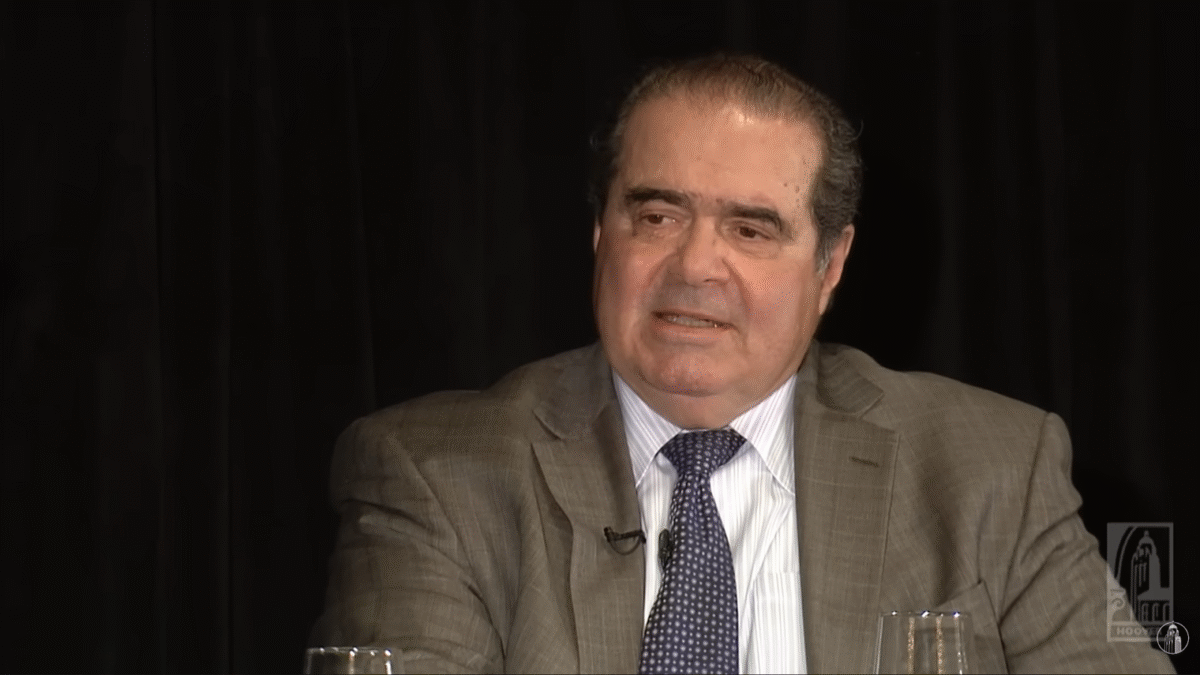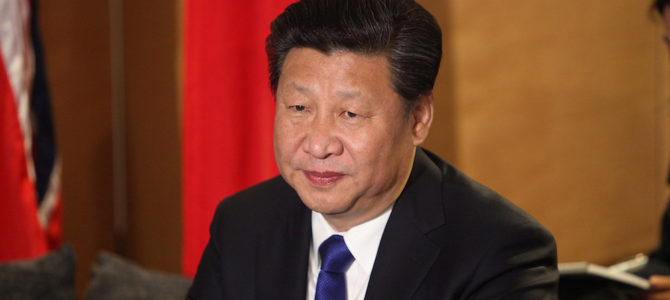
A highly anticipated political event will take place on October 18 in China: the 19th Chinese Communist Party (CCP) Congress. The CCP holds such a party congress every five years and announces its top leadership for the next five to 10 years, which in turn will signal the direction of China’s policies and their implications to the rest of the world.
Observers are paying particularly close attention to the 19th party congress because it’s widely expected this gathering may become a coronation event for China’s President Xi, who has every intention to remain at the top of China’s political structure for many years to come.
How Chairman Mao Established Leadership
Communist China is not a democracy, so the Chinese people have not voted for their national leaders since 1949. As an authoritarian regime ruled by the Communist Party, the leader of the Communist Party and the head of state has always been the same person. Like ancient Chinese emperors, Chairman Mao picked his two successors when he was still alive. He first picked Marshal Lin Biao, who led the People’s Liberation Army to a decisive win against the Nationalists’ Army in the Northeast front during China’s civil war. After 1949, Marshal Lin was one of the key architects in building Mao’s god-like cult of personality.
As his reward, Mao appointed Marshal Lin to be his successor. Thus, Lin’s name and his successor status were written into official party documents in 1969. But Lin and his direct family, except his daughter, mysteriously died in a plane crash in Mongolia on September 13th, 1971. The Chinese government maintain even today that Lin and his family attempted to escape after a botched coup against Mao, and that Lin’s plane crash was a pure accident.
Mao appointed his second successor, Hua Guofeng, who had neither Lin’s military accomplishment, nor Lin’s name recognition. The only thing Hua was known for was his unquestioned loyalty to Mao. After Mao’s death in 1976, Hua became the Chinese Communist Party Chairman and the head of the People’s Republic of China (PRC). Hua’s thin resume never won over the support of senior party leaders. In 1978, Deng Xiaoping, with the support of the senior party leaders, ousted Hua and became the paramount leader of PRC. Deng never held the title of party chairman, nor head of state. But everyone in China knew that Deng was the one in charge from 1978 to the early 1990s.
Deng Xiaoping’s Succession Tradition
Initially, Deng followed Mao’s example in selecting his own successor. Deng’s first pick was Hu Yaobang. Hu implemented a series of political and economic reforms that opened China’s door to the outside world and revived China’s economy. His liberal policies caused resentment among powerful senior leaders and he was forced to resign as the Party general secretary in 1987. Hu’s successor was Zhao Ziyang, who continued many of Hu’s reform policies. Zhao was sympathetic to student demonstrators in Tiananmen Square in 1989. After the demonstrations, Deng purged Zhao and put Zhao under house arrest for the next 15 years.
Seeing the old succession method fail several times now, Deng came up with a new plan—let “the current leader choose his successor’s successor. The current leader can’t choose his own successor, avoiding the dominance of power and the dictatorship. But the current leader can choose his successor’s successor so the next leader needs to share power with the selected prince.”
Following Deng’s plan, each generation of new party leader/head of state usually occupied the top of power structure for two terms, a total of 10 years. At the end of his first term, he would elevate the next leader and his key team members (appointed by previous leaders) into the standing committee of Politburo and the Politburo in large during the party congress. So the future leader and his team would have a five-year on-the-job training while the current leader completed his second 5-year term. This method not only ensured a peaceful transition of power, it also ensured not a single leader would become too powerful.
Xi Jinping, the Rule Breaker
Over the next several decades, Deng’s plan worked well. Deng passed his power to Jiang Zeming and nominated Hu Jintao as Jiang’s successor. After 10 years, Jiang passed the power to Hu Jintao after he nominated Xi as Hu’s successor. At the end of Hu’s first five-year term, Hu elevated Xi Jinping to the Standing Committee of Politburo in 2007 as the heir apparent. Xi spent the next five years by Hu’s side until it was his turn to assume power as the general Communist party secretary and the president of China in 2013.
Based on this succession plan, at this upcoming 19th Congress, Xi should elevate the next leader appointed by Hu Jintao and work side by side with China’s future leader for the next five years, which should also be Xi’s last term. But no one believes that will happen. All indicators show that Xi isn’t ready to give up power after another 5-year term. He plans to stick around for the long term.
Since he became China’s president in 2013, Xi has been aggressively consolidating power into his own hands by dismantling the power structures laid down by his predecessors. He became the chief of everything. In addition to his title as the head of state and the general party secretary, he led numerous committees and leadership groups, including the newly formed National Security Commission. In 2016, the Chinese Communist Party elevated Xi to the “core” leader, which puts Xi at the same political status as Mao and Deng. The “core” title signified that Xi broke away from the collective leadership model instilled by Deng and indicated that Xi has become the most powerful leader since Deng Xiaoping.
How Xi Has Established Power
China’s Premier, Li Keqiang, more or less has become a figurehead. With his right-hand man, Wang Qishan, Xi launched an unprecedented anti-graft campaign to get rid of his political enemies, including a few future “heirs apparent” nominated by former president Jiang and president Hu. In addition to the anti-graft campaign, Xi has instilled wide-ranging measures to enforce party discipline and absolute loyalty to him. At the 19th Party Congress, Xi is expected to announce key personnel decisions which will put his loyalists in powerful positions to ensure his own hold of power.
On the military front, Xi, a firm believer of Mao’s saying that “power comes from gun barrels,” cemented his unyielding control of the Chinese military by replacing key posts with generals he trusts. Over 4,000 officers and at least 100 generals have been relieved of their duties. Modeling the People’s Liberation Army (PLA) after the U.S. military, Xi divided the power of PLA’s four headquarters into 15 departments and replaced the PLA’s seven military commands with five theatre commands. Xi also increased spending on the PLA. China now spends more on its military than any other country in the world save the United States.
On the domestic policy front, Xi imposed wide-ranging restrictions over human rights and civil discourse. His clampdown campaign has gone beyond targeting traditional political dissidents who demand political reform. People who demanded government officials to publicly disclose their wealth were arrested; hundreds of bloggers were detained as a result of a campaign against “rumor-mongering”; The Chinese government’s large number of internet cops censor everything Chinese netizens send to each other, from photos to text messages; underground churches have been shut down and pastors arrested.
Under Xi’s order, Chinese government must have a firm control on religious entities, “if unregistered churches are not willing to be managed by the government or guided by China Christian Council, the government shall guide and transform their thoughts.” Kenneth Roth, the director of Human Rights Watch concluded that “China’s crackdown on human rights activists is the most severe since the Tiananmen Square democracy movement 25 years ago.
Xi refashioned the Communist Party to be the defender of Chinese culture, which is ironic, given the irreplaceable destruction the Party had done to Chinese culture through various campaigns under Mao. Like ancient emperors before him, Xi selects only Chinese cultural elements that suit his needs such as consensus and obedience. Loyalty to him is equivalent to loyalty to the Party; loyalty to the Party is equivalent to patriotism to motherland. So by his definition, anyone who disagrees with him is unpatriotic to China.
Absolute Power Corrupts Absolutely
In a few days, Xi will get his wish: not only will he be the most powerful man in China, but also he will remain in power for a long time. What’s next? Some in the west are hopeful that Xi’s repression in China now is simply what he needs to consolidate power. After the 19th Congress, when he has all his loyalists in place, he will return to more market-based reform, Chinese people will have more freedom, and the rest of the world will benefit too. I don’t think so.
Throughout history, there’s never been a regime that oppressed its own people domestically, yet accomplished good for the rest of the world. Xi is no exception. Xi is no believer in western-style liberal democracy and the free market economic system. Everything he has done so far and what I believe he will continue to do, is to create a competing model, where the CCP will continue to be the only ruling party; the government keeps the economy under its control through central planning; and people who are loyal to the party will enjoy prosperity, but those who dare to dissent will be crushed ruthlessly.
Through his massive international aid programs such as the “One Road, One Belt” initiative, Xi is exporting this model to the rest of the world as well. Under Xi’s leadership, China has already established its first oversea military base. China’s aggressive island building in East and South China Seas was also Xi’s idea. The world, especially Western democracies, should keep a wary eye on China’s new emperor.



